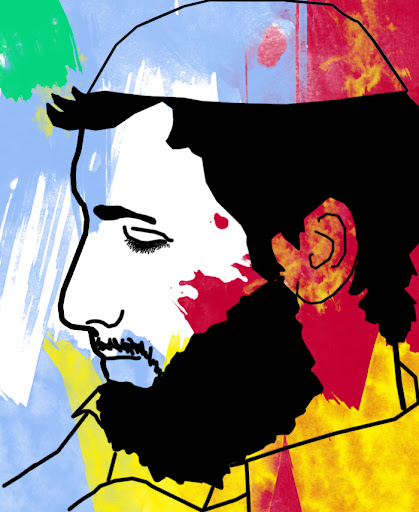
The Egyptian, the Babylonian, and the Persian rose, filled the planet with sound and splendor, then . . . passed away. The Greek and the Roman followed. The Jew saw them all, beat them all, and is now what he always was, exhibiting no decadence, no infirmities of age, no weakening of his parts. … All things are mortal but the Jew; all other forces pass, but he remains. What is the secret of his immortality?
-Mark Twain
During the time of Purim, the Jewish nation had managed to enter into the upper echelons of Persian Society. The head of the Jewish court (Mordechai) was an advisor to the king, Achashverosh, and Esther was the queen.
After having experienced such lows during the destruction of the First Holy Temple, the Persian Empire, with the Jewish people so well placed in its society, seemed like the beginning of a better age.
How then, was it possible then for such a terrible decree, the utter destruction of our holy nation (G-d forbid) from men and women, young and old, to come upon us?
The Talmud explains that the spiritual source of the decree began when the Jewish people placed too much faith into their own power, their own connections. They felt that their existence and safety was dependent on Achashverosh, not on their Creator.
Our existence in not contingent upon the laws of nature around us –true we exist in a physical world with set laws, and must act within them, however, this action should be with the knowledge that it is only to make a vessel to bring down G-d’s blessing. We exist firmly entrenched within the world, yet our souls remain above, connected to their source. By placing too much faith in the power of the Persian Empire and its king, we placed ourselves within the realm of destruction.
This then sheds light on how the salvation, and miracle, of Purim took place as well. Mordechai declared a public rally, with fasting and prayer; Esther and her maids joined in as well. Seemingly Mordechai ought to have dressed himself in a suite, put on a top hat (or at least a designer turban), become a lobbyist, and pull his connections. Instead he put on sackcloth and ashes, a veritable faux pas –even in those days.
Why, because Mordechai and Esther knew that even though they needed to take physical action (as we see that Esther did indeed approach the king), their true salvation would come from above.
This too then explains, in part, the source of the levity and total zaniness of Purim. We drink, we are merry, until we break all barriers –even the Rabbi wears a funny hat. We realize that what we see is only a façade, that we must connect beyond the outer limits of our world, and touch the divine.
That, by the way, is the answer to Mr. Twain’s question.
Have a Happy Purim!
-Mottel









2 comments:
how do i contact the bochurim in poland?
e-mail or call.
(718) 301-6845
Post a Comment